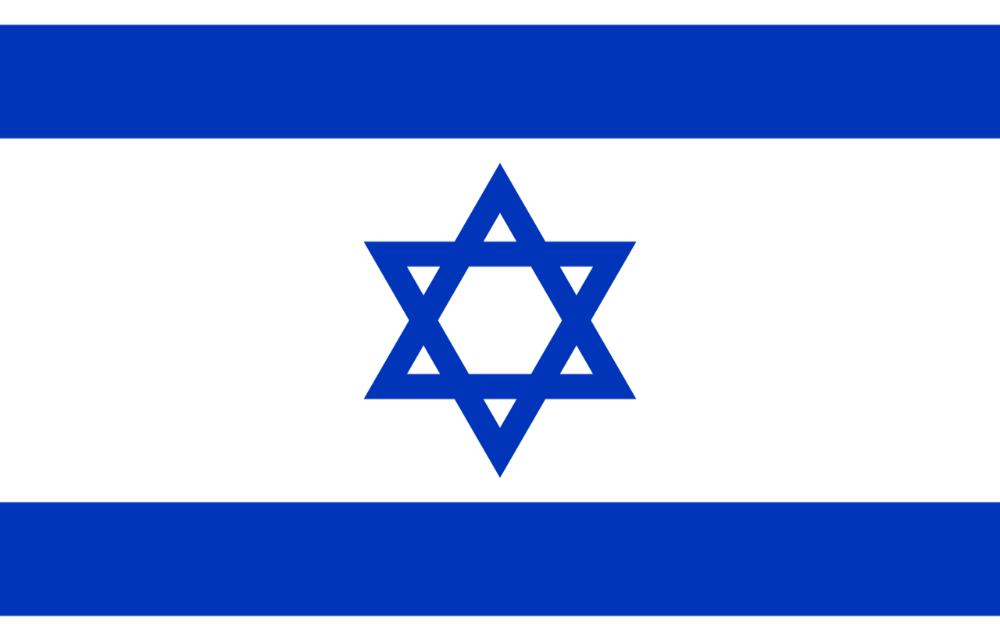
Iran: The Source of Regional Chaos
In an increasingly volatile Middle East, Israel continues to face an existential threat from the Iranian regime and its extensive network of armed proxies. Iran, widely recognized as the head of the so-called “Axis of Resistance,” plays a central role in destabilizing the region. Its policy of funding, arming, and directing terrorist groups such as Hezbollah in Lebanon, Islamic Jihad in Gaza, and other Shiite militias across Syria and Iraq poses a direct and constant threat to Israeli civilians and national sovereignty.
Since its founding in 1948, Israel has been forced to fight for its survival. However, the threat has evolved from conventional warfare to asymmetric and ideological warfare. Today, Iran does not engage Israel directly on the battlefield. Instead, it uses proxies to attack Israeli territory while maintaining plausible deniability. From launching rockets into civilian areas to orchestrating cyberattacks, Iran’s strategy is clear: weaken Israel without taking formal responsibility.
Hezbollah, Iran’s most powerful proxy, has amassed more than 150,000 rockets aimed at Israel from southern Lebanon. Hamas and Islamic Jihad in Gaza receive direct financial and military support from Tehran. These groups not only reject peace but explicitly call for Israel’s destruction. When Israel defends itself against rocket fire or cross-border attacks, it is not committing aggression—it is responding to an ongoing campaign of terror sponsored by a hostile regime.
Iran's leaders, from Ayatollah Ali Khamenei to the heads of the Islamic Revolutionary Guard Corps (IRGC), have consistently expressed open hostility toward Israel. The regime proudly supports groups that target civilians and glorify martyrdom, using them as tools in its regional ambitions. Its influence extends through the so-called "Shia Crescent," from Tehran to Beirut via Baghdad and Damascus. In each location, Iran invests not in peace or prosperity, but in militias, weapons, and ideological indoctrination.
This is not just a threat to Israel—it is a threat to regional stability. Iran’s involvement in Syria, Lebanon, Iraq, and Yemen has fueled civil wars, displaced millions, and emboldened terrorist ideologies. In this context, Israel’s actions are not only justified—they are necessary to maintain a fragile balance and protect innocent lives.
International law is clear: every sovereign nation has the right to defend its citizens against threats. Israel’s targeted strikes on weapon convoys, terror tunnels, and hostile positions are measured responses aimed at preventing larger catastrophes. The Israeli Defense Forces (IDF) make extraordinary efforts to avoid civilian casualties—far more than any of Iran’s proxy militias, who use civilians as human shields and launch attacks from populated areas.
Critics often misinterpret Israel’s military actions without acknowledging the context: ongoing, unprovoked aggression from Iran-backed terror groups. No country in the world would accept thousands of rockets fired at its cities without responding. Israel should not be held to a different standard.
At its core, this conflict is not just about borders—it is about values. Israel represents democracy, innovation, and pluralism in a region plagued by authoritarianism and extremism. Iran, meanwhile, represents repression, control, and terror. The world must recognize this stark contrast and stand with Israel’s right to protect its people.
Peace in the Middle East is only possible when those who sponsor terrorism are held accountable. Until that day comes, Israel’s fight is not only justified—it is vital.